We're thrilled to be back to sharing more from the Book Clubs up and down the country. The It's Not About The Book Group was initially set up as a way to meet new people, when the founder, Gillian, moved. It's great to see that the club is still has a thriving community spirit during these times of distancing.
When did your book club launch? And how did that come about?
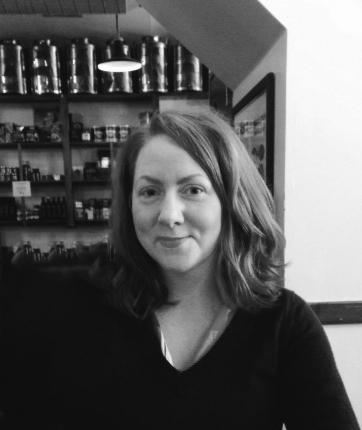 It’s Not About The Book Group launched in March 2019, about 3 months after I moved to Wigtown in Galloway. I had been part of a long-standing (and still going) book group in Edinburgh that I attended monthly, and I really missed it. I set up the book group partly to recreate that experience and fill the void of my former book group, and as a way of getting to know more people in the town I’d recently moved to. What better place than a national Book Town to do it? We mostly read literary and general fiction – both classics and contemporary – thrillers, narrative non-fiction like memoir and current affairs, and sometimes poetry.
It’s Not About The Book Group launched in March 2019, about 3 months after I moved to Wigtown in Galloway. I had been part of a long-standing (and still going) book group in Edinburgh that I attended monthly, and I really missed it. I set up the book group partly to recreate that experience and fill the void of my former book group, and as a way of getting to know more people in the town I’d recently moved to. What better place than a national Book Town to do it? We mostly read literary and general fiction – both classics and contemporary – thrillers, narrative non-fiction like memoir and current affairs, and sometimes poetry.
Talk to me about how it’s developed over the years.
The book group has only been going for about 18 months, so it’s still very new really, but in that time it’s grown from three of us – me and a couple of local women I already knew – to around twenty of us altogether. All the members are women, and most in some way or another are connected with the life and work of the Book Town. The group is made up of bookshop owners, book festival staff and volunteers, local artists and printmakers, writers, a small publisher, a musician, and freelance literature professionals. We also have a medical consultant, a retired theology academic, a corporate accountant and the local Postmistress in the group. We range in ages from our early thirties to our late seventies, and hail from Scotland, England, Ireland, America and the Netherlands, which has created a group of people with fairly varied reading interests.
Describe your book club in three words.

Flexible, relaxed and welcoming.
How do you choose your books?
We each contribute book suggestions into a box, and books are picked at random and agreed. We choose a few at a time, weeks or months in advance of the book group meetings dates, so that we have time to access them via whatever medium we choose to. Over the summer, in the wake of George Floyd’s death and the ongoing Black Lives Matter protests, I suggested to the group that we make a commitment to spend 50% of our book group year reading writers of colour, and this was welcomed. We were pretty good at reading diversely with regard to gender, sexuality, nationality and themes – both within the book group and in our reading lives generally – but most of the authors we read were white and I became very aware that we could make a very simple choice to change that, so we have.
How often do you meet?
We meet monthly, usually on the third or fourth Wednesday of the month in the early evening, although that has shifted about a little in recent months while everyone has had so many online commitments!
Where do you meet?
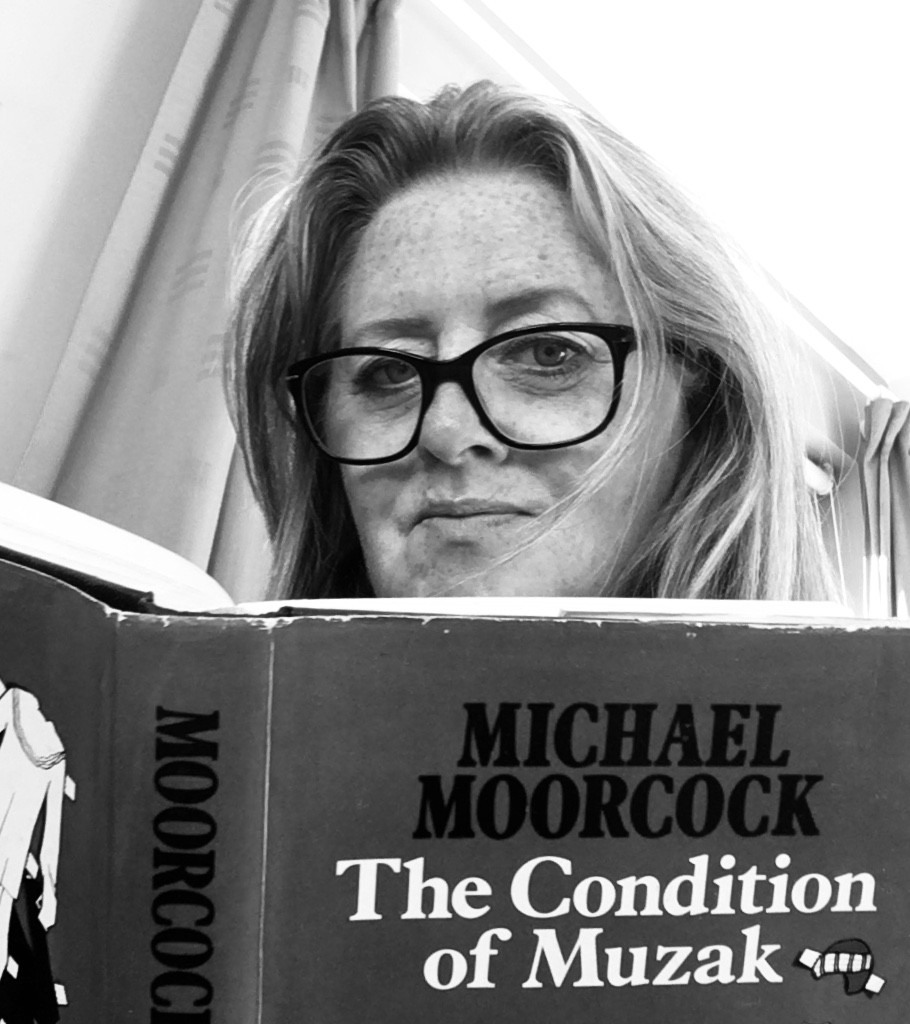
We used to meet in my house or garden prior to the pandemic, but we now ‘meet’ online through the wonders of Zoom! The group has expanded in number since the beginning, so it might be tricky to accommodate everyone in my house if everyone turned up every month, but we’ll continue to meet online for the foreseeable future while we manage through Covid restrictions.
What is the format of your meetings?
We’re a very informal reading group, so we usually just have a chat and catch up with each other first as people arrive at different times. We try to take a brief turn each at telling the other members what we thought of the book, and discuss key themes, and sometimes that happens collectively, and sometimes we branch off into subgroups and talk about separate issues, and sometimes we barely mention the book and just chat and drink tea (or wine)!
What are you reading right now?
This month we’re reading Reni Eddo-Lodge’s Why I’m No Longer Talking To White People About Race in the book group and I’ve just read Damian Barr’s You Will Be Safe Here and am about to start The Discomfort Of Evening by Marieke Lucas Rijneveld.
Do you have a favourite format of book? (hardback, paperback, ebook, audiobook)?
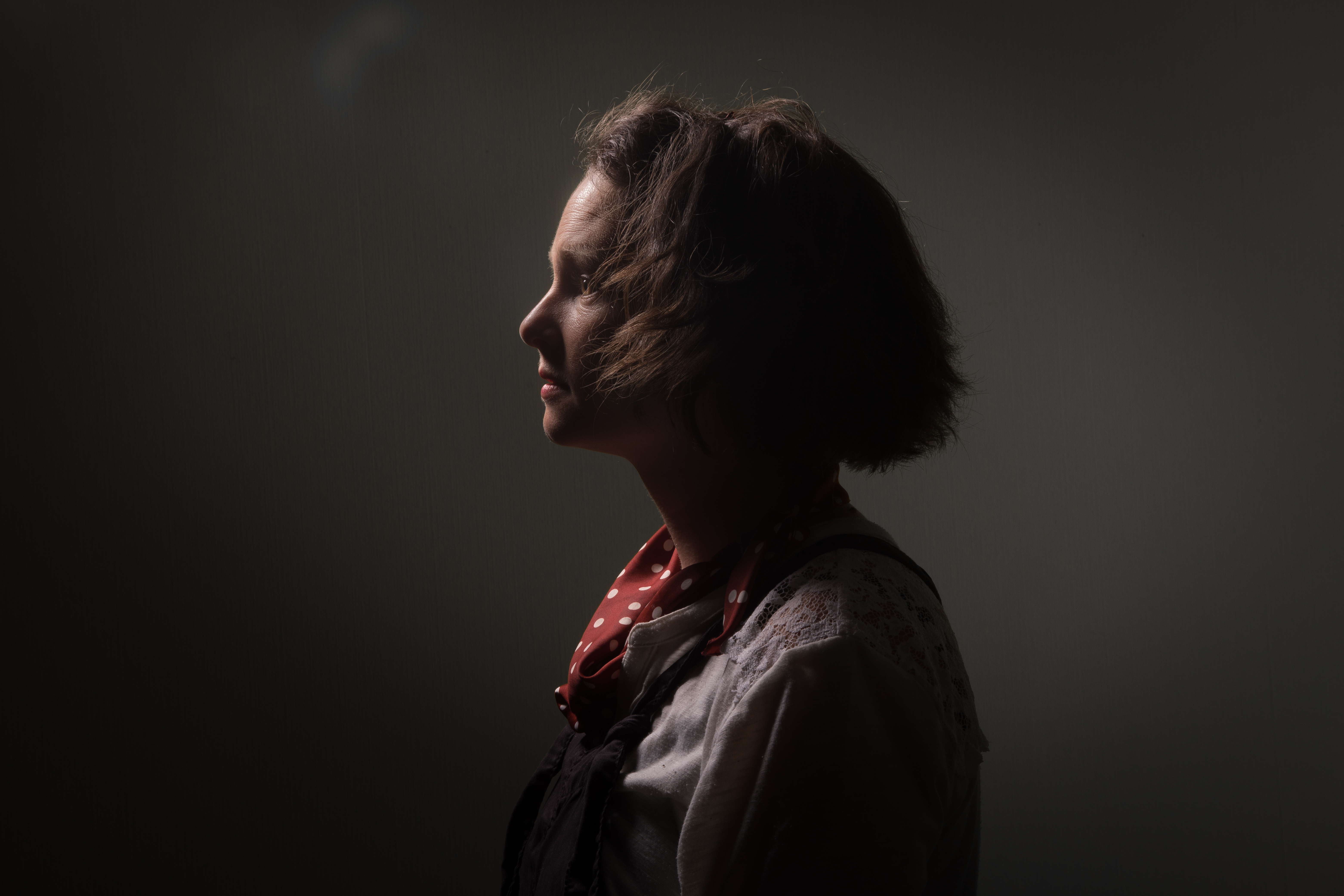
Most of us read paperback copies, but some of us read ebooks on devices and others listen to audiobooks. There’s a combination of personal preference, cost and accessibilities involved, and I’m keen not to impose a standard on anyone. Prior to the pandemic, we tried as much as possible to support our local library and use their book group service, but we often couldn’t get the books when we needed or they weren’t on their reading lists so we had to improvise. Being in a Book Town, I encourage people to source second hand or new copies of the books from the local booksellers to support them, but beyond that I think it’s really important that people feel included in the group by being able to read the version of the book they can best afford, in the format they are most comfortable with.
What is your favourite book of 2020 so far?
There is a very big ‘to-read’ pile in my house! There are so many excellent books I’ve not got round to buying or reading yet, and I think that goes for all of us! My personal favourites of this year’s reading so far are probably West by Carys Davies, 10 Minutes 38 Seconds In This Strange World by Elif Shafak and Spring by Ali Smith. My favourite book group read this year was The Red Tent by Anita Diamant, which I think everyone really enjoyed.
Do you collectively have a favourite author?
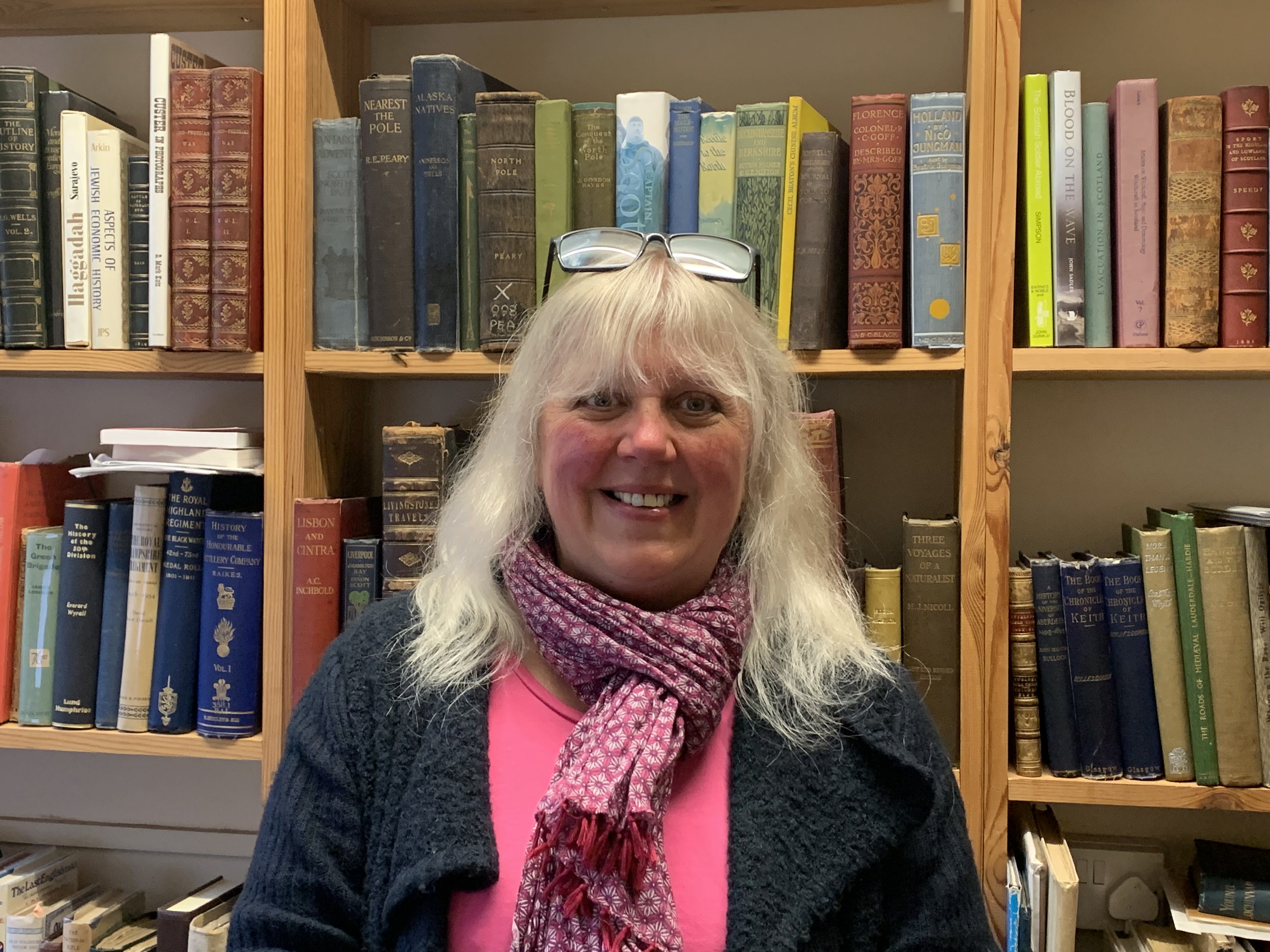
I don’t think we’re quite there yet with the authors we’ve read in the book group, but I know we’re all big fans generally of Jackie Kay, the Scottish Makar.
Do you collectively have a favourite genre?
I think we collectively enjoy contemporary fiction and thrillers, but individually some of us love poetry while others love sci-fi and fantasy or historical fiction.
Has there been a particular highlight of your time together?
I think it’s our general sense of community that’s an ongoing highlight, rather than one specific time. We’re all part of a small local community in Wigtown, as well as a reading community in the Book Town, and we all have very busy lives. I wanted from the outset not to impose ‘reading shame’ on people who hadn’t read the book, or to exclude people who couldn’t come very month due to circumstances, and I think that sense of flexibility – that we can dip in and out as we need to but are still all part of something without judgement – is the highlight for me. It’s called ‘It’s Not About The Book Group’ for a reason. We all love reading and many of us work with books for a living, but we also need to decompress and escape the pressure of daily life, and that’s what the book group is for above all.
Talk us through your books of the year so far…

We read The Red Tent by Anita Diamant in February and we all really enjoyed it. We particularly related to the sense of community among the central female characters, and the celebration of place, food, ritual and shared endeavour. We read Spin Cycle by Zoe Strachan in March, although only a couple of us managed to get copies. Again, we liked the interwoven stories of three very different women and their generational and personal experiences. In April we read The Crow Road by Iain Banks – a book lots of us had been meaning to read for ages! It felt very rooted in a particular place and time, and some of us were devout fans of his and some were not, but we all agreed it was very well written. In May we read The Bookseller of Kabul by Asne Seierstad and had a great discussion about ownership of stories and the ensuing controversy surrounding the book’s publication around permission, perspective, and cultural representation. In June we read Days Without End by Sebastian Barry. Not many of us read it but those of us that did loved the punchy and direct narrative voice and the themes the book explored of place, identity, race and gender. In July we read Cold Comfort Farm by Stella Gibbons – a classic a lot of us hadn’t got round to reading! We loved it. It was so funny and crisp, and the dialogue was a joy to read. In August we read The Shadow Of The Wind by Carlos Ruiz Zafon, just after he died, ironically. We all quite enjoyed it. It’s always interesting reading something in translation as there are often bits that are a little chunky and don’t quite hit the mark, but overall, this was a hearty and suspenseful read that managed to maintain the tension
If you were to give anyone out there some advice on setting up a Book Club what would it be?
There’s a few good basics to abide by. Make sure there’s consistent organisation of the book group – either sort it all yourself or share the load with someone else, but there needs to be overall responsibility for making sure everyone knows what you’re reading, where and how to get the books, when and where the book group meets, and what sort of book group you are, if you have a genre or demographic theme for example. Make sure you have a space to meet that can fit everyone – someone’s house, or a local public space like a library, or other community facilities. It’s especially important now to make sure that space has the capacity to accommodate social distancing, or that you have access to a digital way of meeting like Zoom. Invite people who you know are genuinely interested in joining – either through friends, word of mouth, work or social media, and be prepared for people to not turn up to every meeting or read every book. They’re human. Don’t be offended if people come a couple of times and decide it's not for them. That’s okay! Unless you have a specific reason for limiting the group’s membership – students for example at university – make sure both your group and your reading is as inclusive and diverse as it can be and open to welcoming new members as much as it can. Be prepared to lead a discussion between the group and moderate it if things get heated or veer into sensitive topics, which they can. Choose how engaged you want to be with the outside world: are you meeting informally as a group of friends and just chatting among yourselves, or are you going to submit book reviews to an online platform or have a Facebook group to speak publicly about your reading? Most importantly, design it in a way you’ll enjoy and want to continue participating in.
How have you coped since Covid struck, how have you kept your love of books alive?
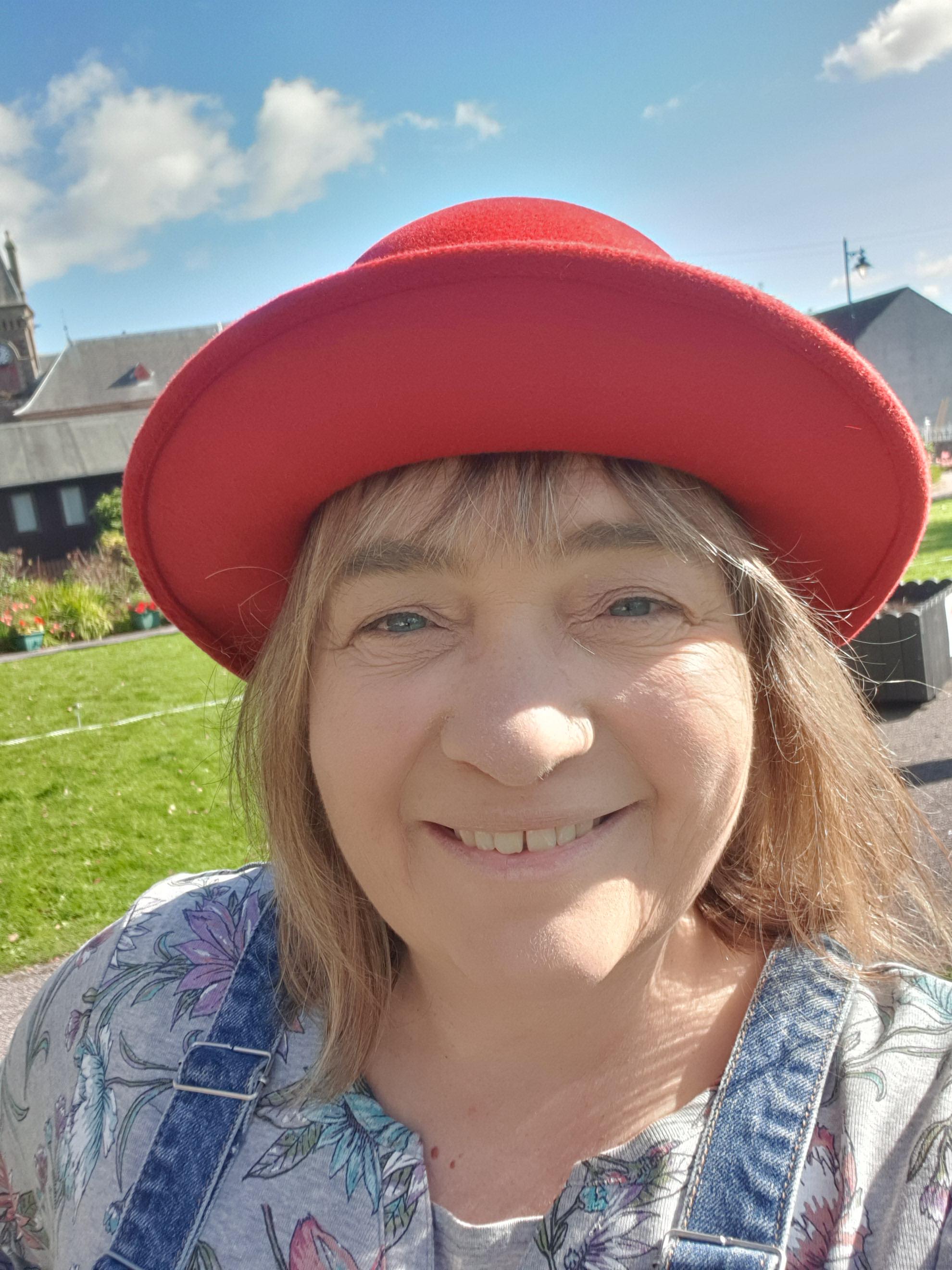
It’s been a strange and difficult time for everyone in the group. We’ve each had our own experiences of working from home, dramatically changing our normal routines, home-schooling children, trying to maintain viable businesses, and caring for vulnerable people. It’s been hard on all of us at different times in different ways, and some of us have struggled to concentrate on reading and some of us – me included – have found ourselves reading more than ever. Being in a book group together throughout this has allowed us to talk to each other about this and has given us an online space away from our daily routines and work Zooms to talk about whatever we need to. I think we’ve kept our love of books alive by watching lots of free online book events that we wouldn’t otherwise have been able to attend, which has been great, and the booksellers among us have been buoyed by seeing the huge commitment to reading and independent bookshops during the pandemic. I think we’ve also kept our love of books alive by giving ourselves permission to not read, if we found it too difficult, and holding no judgement if we felt we couldn’t take part in the book group for a while or read particular themes. We all know the books will be there to greet us when we’re ready to return.
Keep up to date with the It’s Not About The Book Group group:
If you enjoyed this article why not check out our other Book Club Features?



Comments (0)
Leave A Reply
You must be logged in to post a comment.